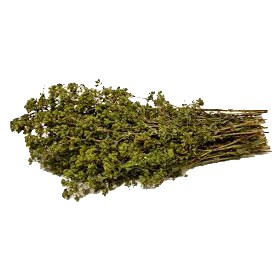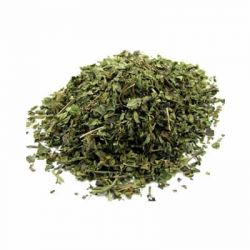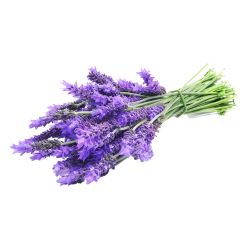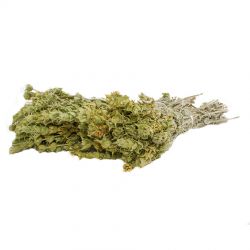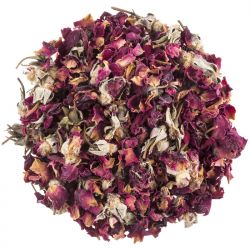Description
Since ancient times, oregano has been used for the benefit of mankind. The first recorded use was presented to the Assyrians in 3,000 BC, describing many of its medical applications.
In many ways, it is a biblical medicine and few people understand that the oregano was known as Bible hyssop, and that implies that they could use it from the time of Abraham or perhaps earlier.
The ancients certainly used oregano as a seasoning, and still used in this way. Futhermore, the difference is that they used it as a medicine, because their experience showed that its regular use helped in many cases of infections and illnesses.
Also,the Greeks used it extensively as a medicine and was the most recipe for hundreds of ancient Greek healers. For both Greeks and Romans, it was a symbol of joy and happiness, and during their delivery, grooms and brides were crowned with laurel and oregano.
Dioscoridis recommended it to those who suffered loss of appetite while the oregano decoction believed to cure the spasms of the abdomen and treat the poisonings.
During the Middle Ages, Islamic doctors developed many uses for the oregano as well as its essential oil. In the following centuries, he was promoted as a doctor for a wide range of lung diseases.
The properties of oregano :
- First, it is a powerful antioxidant,
- it is in the regulation of drumming, stimulating the secretion of bile,
- is considered safe for the menstruation,
- then, is suitable for this situations : muscle aches, the treatment of asthma, unpleasant breath, the sores of the sprawl, bladder infections, arthritis, infections,
- Next, it is suited for the monks, for burns, for infections and ulcers of the mouth, for teeth pains, for chronic rheumatism, for diarrhea, for dandruff and seborrhea, for food poisoning, for nail and finger fungus, for leg cramps, for head lice, for headaches, for peptic ulcer, for psoriasis, for lung diseases, for irritable bowel syndrome and intestinal weakness, for prostate disorders, for itching and ticks diseases, for cough, flu and cold.
- Helps in hypertension and atherosclerosis,
- Organic sprouts soothe bruising and swelling if used as a poultice,
- In addition, the oil is effective in treating acne,
- To conclude, modifies the risk of prostate cancer.
Caution:
We avoid the use of herb during pregnancy.
It is still not recommended for frequent use in people with iron deficiency. When they receive it should be two hours before or after eating.



